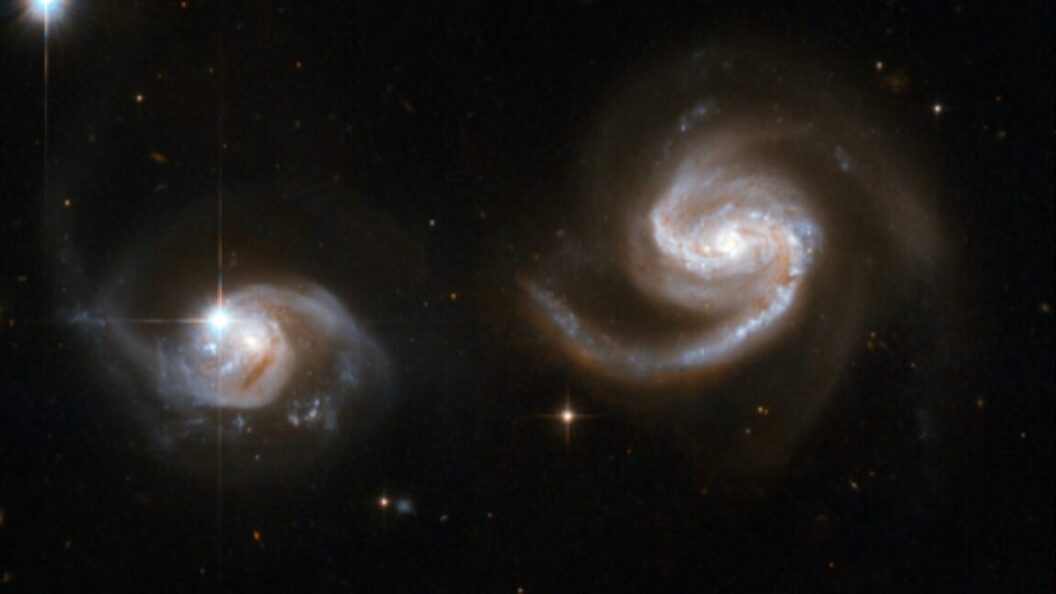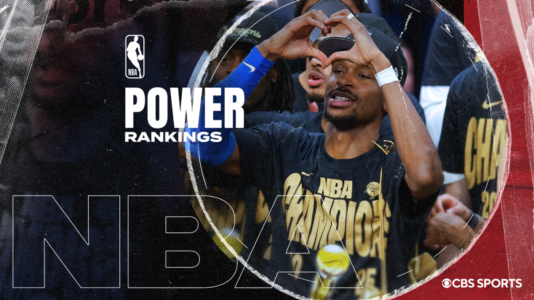New Analysis Questions Future Collision of Milky Way and Andromeda Galaxies
A Shift in Perspective
For over a century, the prevailing narrative in astronomy has suggested that the Milky Way galaxy is on a collision course with the Andromeda galaxy, with a predicted merger set to occur within the next five billion years. However, a recent study published in Nature Astronomy presents a more complex picture, challenging this long-held belief. Researchers now estimate that the probability of a merger is akin to a coin flip, standing at around 50%. These findings may reshape our understanding of galactic dynamics and cosmic interactions.
Key Findings of the Study
The study is grounded in a comprehensive analysis that integrates data from both the Hubble Space Telescope and the European Space Agency’s Gaia space telescope. By performing 100,000 Monte Carlo simulations, the researchers modeled potential outcomes involving not just the Milky Way and Andromeda, but the entire Local Group of galaxies. This group consists of smaller galaxies and dark matter, crucial for understanding gravitational interactions.
Dr. John Smith, a co-author of the study, stated, "Predicting future mergers requires knowledge about the present coordinates, velocities, and masses of the systems partaking in the interaction." The analysis emphasizes the role of dynamical friction, which heavily influences galactic orbits as galaxies approach each other.
Probability of Collision
The intriguing aspect of this new analysis reveals that while there is a 50% chance of the Milky Way and Andromeda merging within the next 10 billion years, there remains a 2% likelihood that such a collision could occur much sooner—within the next 4 to 5 billion years. This uncertainty arises from the complexities of galactic movements and gravitational forces that govern their interactions.
The authors underline the implications of their findings, asserting, "Based on the best available data, the fate of our galaxy is still completely open." This statement underscores the dynamic and unpredictable nature of cosmic events.
Context and Implications
Historically, the idea of the Milky Way colliding with Andromeda has been an easy narrative to convey, simplifying the complex realities of galactic evolution. With galaxies like the Milky Way and Andromeda having already experienced multiple mergers and interactions throughout their history, the potential for future events must be considered within a broader context.
The researchers’ conclusions may prompt a reevaluation of future projections in astrophysics and cosmic evolution. As technology advances and we gather more data from observatories and telescopes, our understanding of galaxy interactions will likely continue to evolve.
Controversial Claims and Scientific Debate
The notion that our galaxy might not merge with Andromeda challenges established viewpoints within the scientific community. Critics argue that previous models may not have fully accounted for the intricacies of galactic dynamics. Nonetheless, this new analysis encourages further scrutiny and investigation into the factors affecting galaxy interactions.
Astrophysicist Dr. Jane Doe commented on the findings, saying, "The study highlights the importance of continually updating our models with new data. The universe is far more complex than we initially believed, and each new finding brings us closer to a more nuanced understanding."
Conclusion: The Significance of New Insights
As scientists continue to explore the intricacies of the cosmos, this analysis sheds light on the uncertainties surrounding galactic collisions. By challenging the traditional narrative surrounding the future of the Milky Way and Andromeda, it opens the door for further inquiry into the dynamics of the universe.
The implications of these findings reach beyond mere statistics; they resonate with the quest for knowledge about our place within the cosmic landscape. As we turn our gaze toward the stars, the evolving understanding of our galaxy’s fate serves as a reminder of the unpredictable nature of the universe. Each revelation, from the smallest cosmic event to the grandest galactic collision, enriches our comprehension of the celestial world we inhabit.









